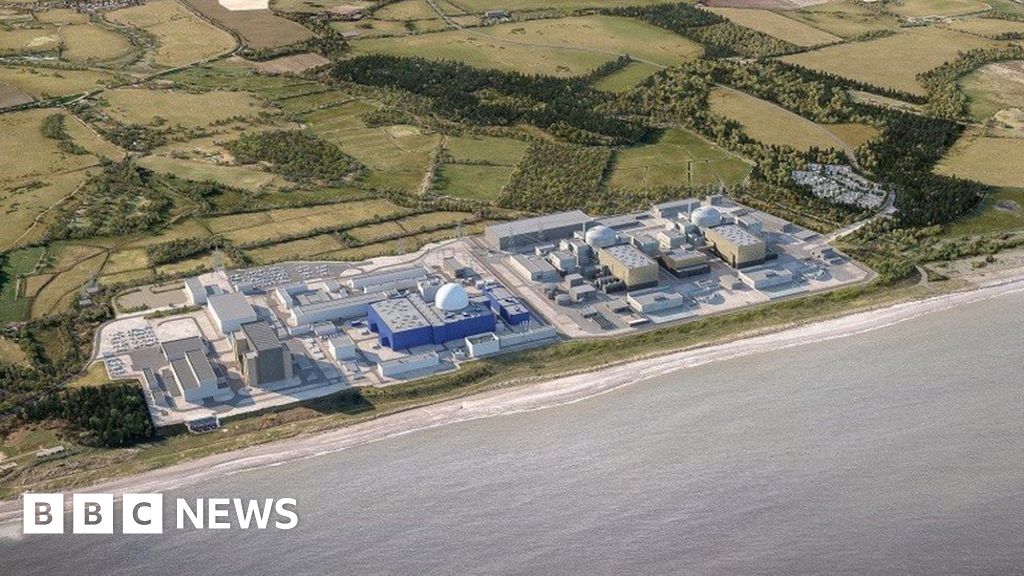ARTICLE AD BOX
 Image source, Getty Images
Image source, Getty Images
By Michael Race
Business reporter, BBC News
With the UK facing a cost-of-living crisis, the government is set to announce tax and spending plans.
The Autumn Statement will affect the take-home pay and household budgets of millions of people, as well as money for key public services.
When is the Autumn Statement?
Chancellor Jeremy Hunt will deliver the Autumn Statement in the House of Commons on Thursday 17 November. The timing is still to be confirmed, but it usually happens at lunchtime.
It had been due to take place on 31 October. However, Mr Hunt postponed it after taking over from his predecessor, Kwasi Kwarteng. This was to allow time for more accurate economic forecasts.
Why is this statement so important?
The UK's economy faces a number of big challenges.
The Autumn Statement also follows Mr Kwarteng's mini-budget. That saw the pound tumble against the dollar and government borrowing costs soar.
The chancellor has already reversed Mr Kwarteng's £32bn tax cuts, but is looking for billions more in savings.
The government's aim is not to spend more than it collects in tax by the 2026-27 financial year.
"Decisions of eye-watering difficulty" lie ahead, Mr Hunt has warned.
Image source, Getty Images
Image caption,Mr Hunt has largely reversed the policies set out by his predecessor in September
Some experts believe the public finances have a so-called "black hole" of up to £40bn.
This could be filled through a combination of tax rises and spending cuts.
What could be in the Autumn Statement?
Essentially, everything is on the table.
The Institute for Fiscal Studies think tank says "big and painful cuts" to public services are likely.
The Resolution Foundation, another think tank, expects taxes to go up.
An announcement is likely on whether benefits and pensions will rise in line with inflation - the rate at which prices rise - from April 2023.
Under the so-called "triple lock", the state pension is supposed to rise each year by the highest out of inflation (as measured by CPI), average earnings, or 2.5%.
The previous prime minister, Liz Truss, said pensions would increase in line with inflation, but Rishi Sunak has not confirmed this.
There has been some speculation that the government might announce that the level of earnings at which people pay different rates of income tax may be frozen for longer.
The mini-budget set out plans to cut the basic rate for taxpayers in England, Wales and Northern Ireland to 19% and abolish the 45% higher rate. Both of these measures have since been scrapped.
These have increased dramatically following the sharp rise in oil and gas prices.
The cap would mean people no longer pay more than £86,000 towards care during their lifetime. It is due to come into effect in October 2023.
The government is expected to announce billions of pounds worth of cuts to public spending.
This could affect services including the NHS, schools and the police.
Will the Autumn Statement affect all of the UK?
Some parts of the Autumn Statement will affect the whole of the UK.
However, the governments of Scotland, Wales and Northern Ireland also make some tax and spending decisions independently. (Although Northern Ireland doesn't currently have a functioning executive).
Scotland's finance secretary has unveiled £615m worth of spending cuts, on top of £560m of cuts announced in September.
If the Westminster government announces extra spending for England, the other nations get an equivalent extra sum of money.

 2 years ago
61
2 years ago
61








 English (US) ·
English (US) ·